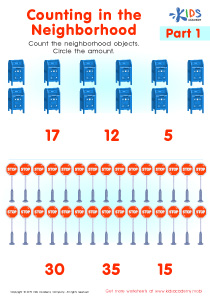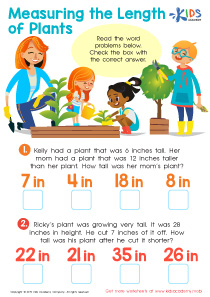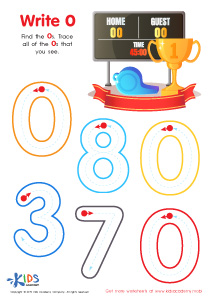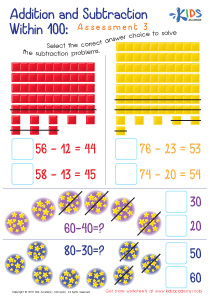Sorting skills Easy Numbers 0–10 Worksheets for Ages 6-9
3 filtered results
-
From - To
Introduce your child to the exciting world of numbers with our "Sorting Skills Easy Numbers 0–10 Worksheets" designed for ages 6-9. These engaging activities help young learners enhance their number recognition, counting, and sorting abilities through interactive exercises. Each worksheet is carefully crafted to make learning fun and easy, guiding children as they categorize and organize numbers from 0 to 10. Perfect for both classroom settings and home practice, these worksheets build a strong foundation in basic math skills, paving the way for future academic success. Start your child's numerical journey today!
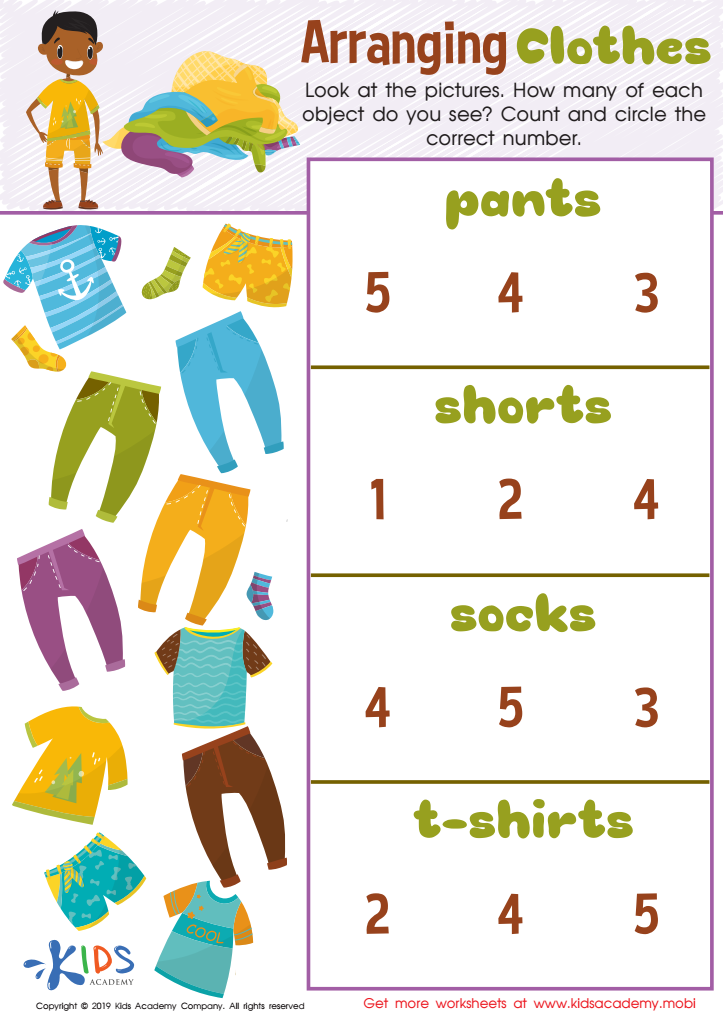

Arranging Clothes Worksheet
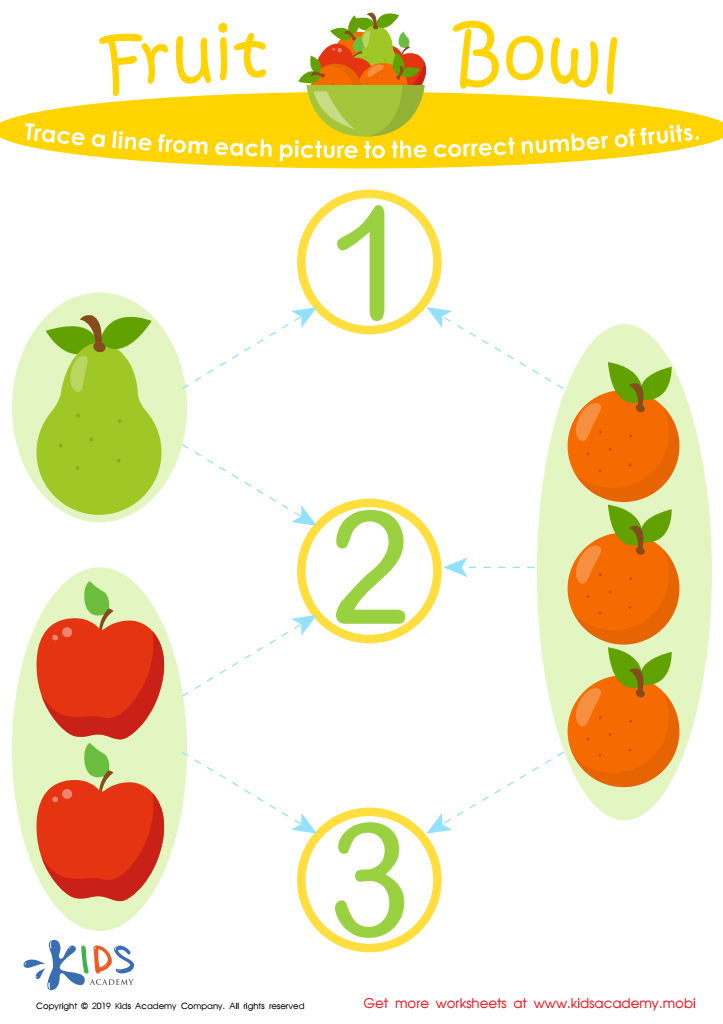

Fruit Bowl Worksheet
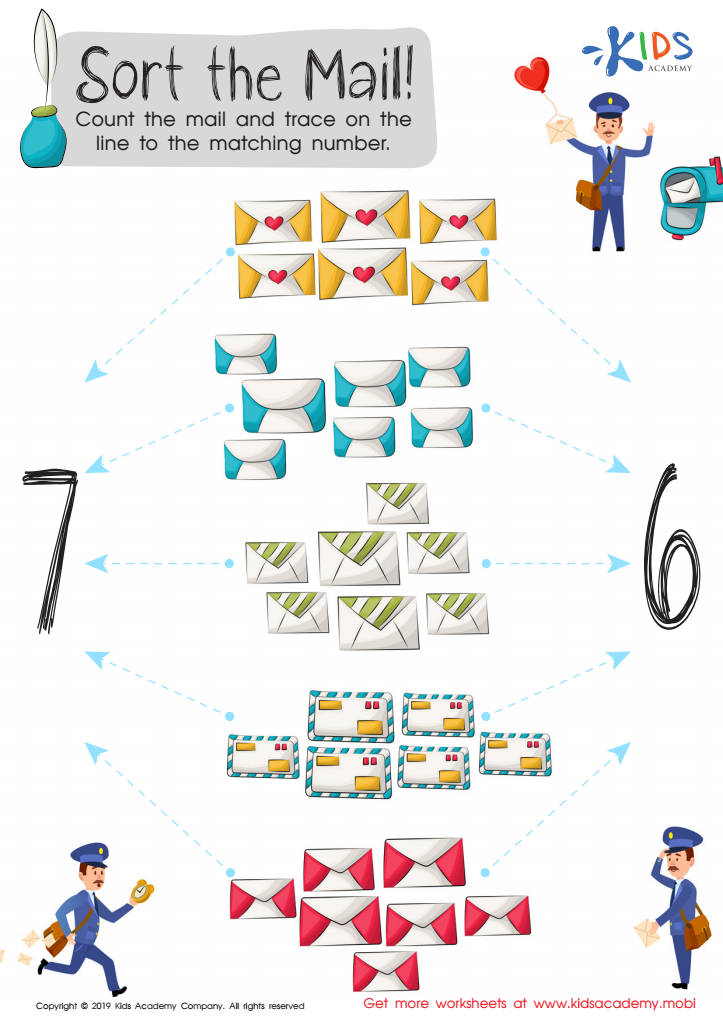

Sort the Mail Worksheet
Developing sorting skills in early childhood is foundational for cognitive growth, which is why parents and teachers should prioritize these activities for children aged 6 to 9. Sorting numbers 0–10 might seem simple, but it engages young learners in critical thinking and problem-solving. This early math skill fosters number sense, helping children understand the value, sequence, and order of numbers. Such activities also introduce basic mathematical concepts like greater than, less than, and equality in an intuitive and hands-on way, forming a strong basis for more complex arithmetic later on.
Moreover, sorting enhances logical thinking and categorization abilities, which are essential across all learning areas. By sorting numbers, children practice decision-making and learn to systematize information, an important skill for successful learning and everyday life. Additionally, these activities can be designed to be visually engaging and interactive, making learning enjoyable and nurturing a positive attitude towards mathematics. Collaborative sorting tasks can also improve communication and teamwork skills, reinforcing social and emotional learning. Therefore, ensuring that children engage in sorting numbers 0-10 not only prepares them for future academic success but also supports their overall intellectual and social development.
 Assign to My Students
Assign to My Students











